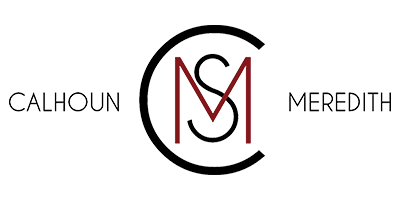
Menu

Menu
Houston Uber Accident the sudden jolt of an accident while in an Uber can be the start of a long, unseen struggle with emotional trauma. Beyond the rush of ambulances and the crunch of metal, the journey toward emotional recovery often remains silent and invisible. This article aims to voice that silent journey and discuss the importance of legal recognition of emotional distress.
For many, the maze of legalities that follows an Houston Uber Accident can be as daunting as the crash itself. The Texas legal system, however, does provide protections for Uber passengers. Texas law mandates that rideshare drivers must have insurance coverage that can address personal injuries sustained by passengers. But when does this coverage kick in, and what does it cover? It kicks in when an Uber ride begins and covers until it ends, ensuring passengers are protected throughout their journey.
While broken bones will heal, the emotional impact of an accident can linger indefinitely. The Texas legal system allows for compensation for pain and suffering, encompassing emotional distress. Yet, the challenge lies in how to quantify this distress. Attorneys and courts often look at the extent to which the emotional trauma has affected an individual’s daily life and ability to work. Professional testimony from therapists and psychologists can also be crucial in clearly portraying the emotional damages for compensation.
Insurance matters post-Houston Uber Accident are more complex. There’s the driver’s insurance, Uber’s corporate policy, and then the insurance of any other involved parties. Who’s responsible? Generally, Uber’s insurance provides primary coverage, which can be supplemented by the driver’s insurance if necessary. This layered approach ensures that victims are not left without recourse due to policy limits or uninsured drivers.
The road to fair compensation is often paved with complex negotiations with insurance companies. They may attempt to minimize your claim, arguing over liability and the extent of your injuries, including emotional distress. It’s essential to document everything—from medical bills to personal accounts of your mental health—and to approach negotiations armed with this evidence. Doing so strengthens your case, ensuring you’re fairly compensated for your physical and emotional recovery.
Legal hurdles in Houston Uber Accident claims are inevitable. Proving liability, dealing with multiple insurers, and understanding the nuances of rideshare laws are just a few. To clear these, it’s critical to investigate the accident thoroughly, gather comprehensive evidence, and, when necessary, leverage the knowledge of a legal professional adept at navigating these specific waters.
Houston’s legal framework for rideshare accidents has its own set of rules. For instance, the city requires a higher insurance coverage limit for rideshare drivers than many other places. This benefits passengers, as it increases the potential compensation available in the event of an accident. Knowing these local nuances can significantly affect the outcome of a claim in Houston Uber Accident.
Determining when to seek legal help can be pivotal in your claims process. It’s advisable to consult with a legal professional if you’re facing significant injuries, liability is disputed, or you feel overwhelmed by the insurance process. An attorney can navigate these complexities, negotiate on your behalf, and ensure that your claim truly reflects the extent of your physical and emotional losses.
After an Houston Uber Accident, you need more than just a legal expert; you need an advocate who understands the depth of your experience. At Calhoun Meredith, we bring empathy to our expertise, guiding you toward the recognition and compensation you deserve. Facing the aftermath of an Houston Uber Accident? Connect with us, your dedicated personal injury attorney in Houston, and let’s discuss your rights and the path to your recovery.